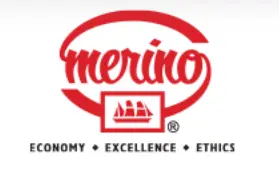Exposure to intense competition and changes in demand in the real estate sector: The decorative laminates and panel boards industry faces competition from both unorganised players and established brands like Greenlam Industries and Century Plyboards, alongside growing foreign entrants. Domestic organised players are expanding capacity to meet rising demand. While replacement demand offers stability during lean periods, growth is primarily driven by new users and the construction sector.
Susceptibility of profitability to volatility in raw material prices: Raw materials, including kraft paper, design paper, and chemicals like phenol and melamine, account for 55-60% of MIL's cost of sales. Around 60-70% of these are imported from regions like the USA, Europe, and China. Price volatility and freight costs have impacted profitability, with an operating margin of 12% in FY24. Price revisions and efficient cost pass-through, coupled with capex stabilisation, are crucial for margin improvement.
Large working capital requirement: Intense competition necessitates offering of substantial credit to distributors. The company also needs to hold large inventory, because of a variety of designs and need to minimise delays in delivery to customers. Gross current assets ranged from 150 to 164 days over the three fiscals ended March 31, 2024. Efficient working capital management amid increasing scale will remain a key monitorable over the medium term.
